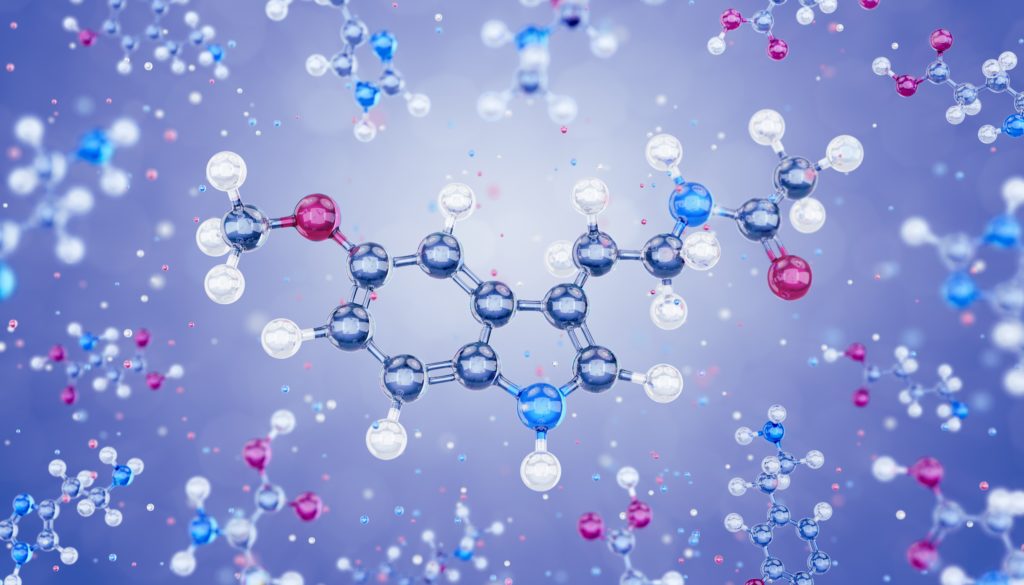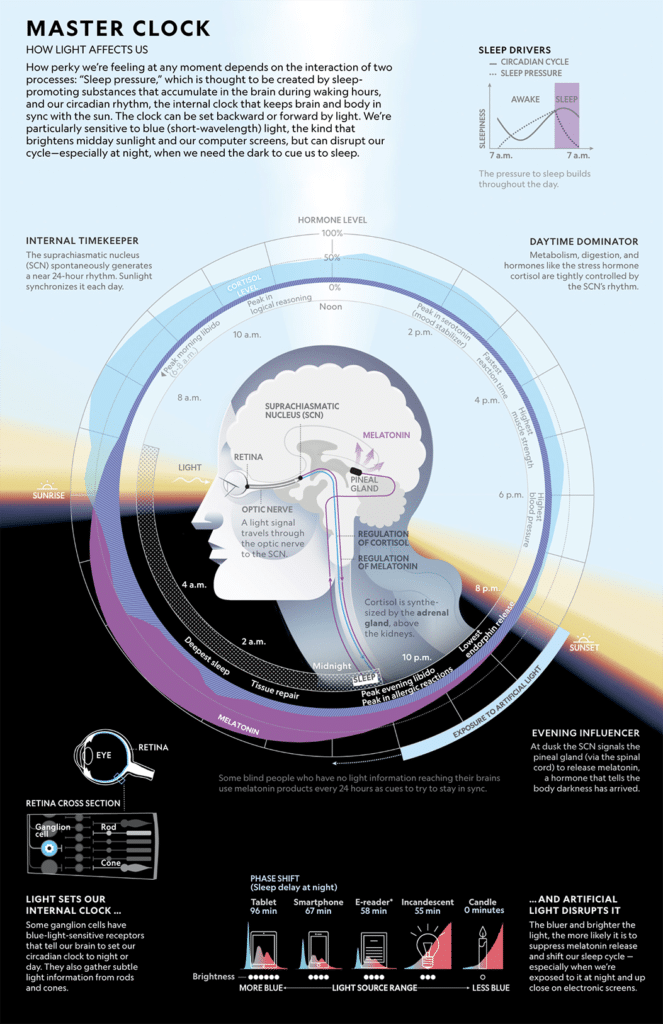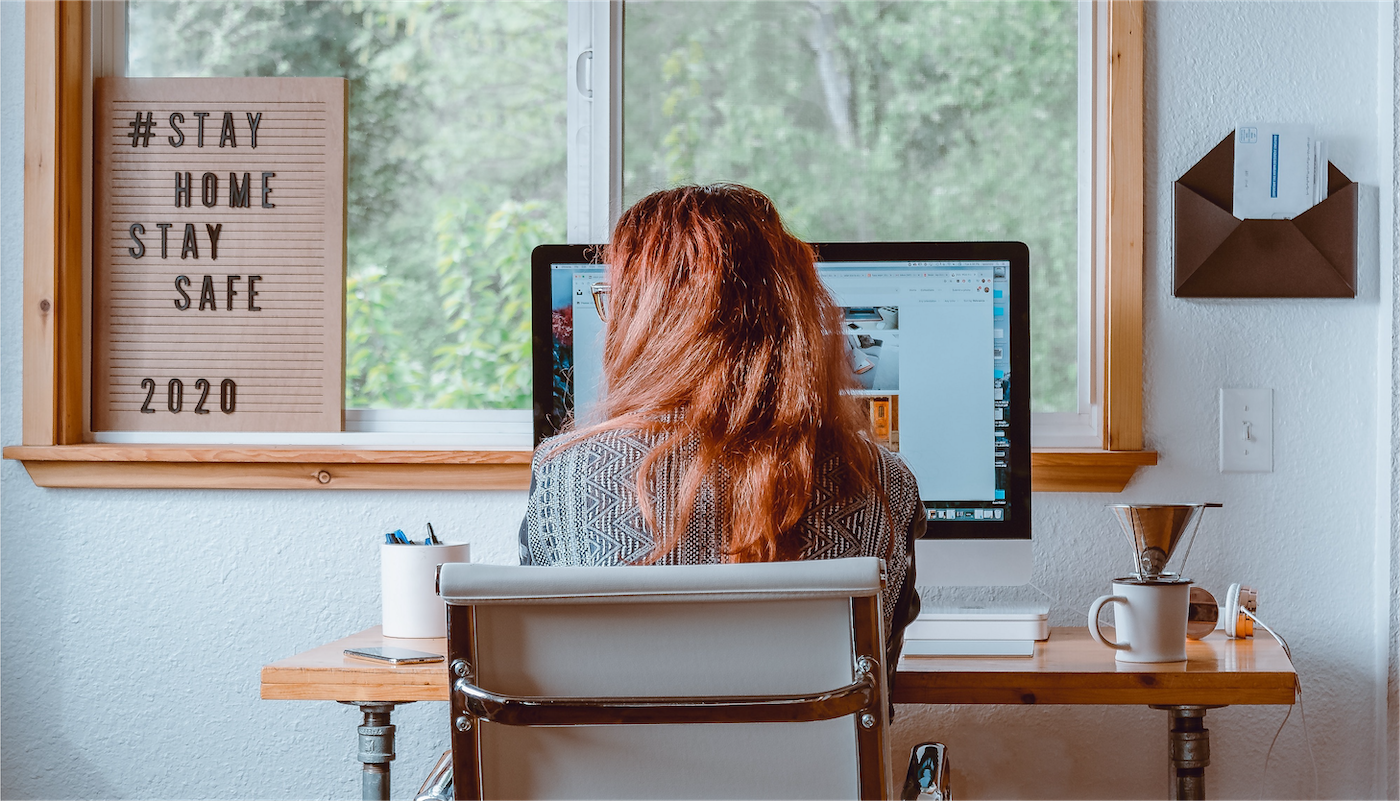Blue Light Blocking Glasses, Circadian Rhythm, Daylight Savings Time, Sleep
Melatonin, the “Sleep Hormone”, is Essential for Better, Deeper Sleep

Article at a Glance:
- Melatonin is a vital hormone that helps regulate the timing of your sleep.
- The superchiasmatic nucleus (SCN) is the brain’s master clock that regulates the human body’s biological rhythms and processes.
- When light enters the eyes, photic input is sent to the brain which influences the oscillations between melatonin and cortisol production.
- Melatonin also has antioxidant and anti-inflammatory properties that help preserve body tissue and the central nervous system.
- One of the best ways to ensure that you’re producing enough melatonin naturally is to manage your light exposure.
Getting quality sleep each night typically depends on many small but important decisions that you make throughout the day — such as eating nutritious food, exercising regularly, managing stress and light exposure, as well as going to bed at the same time each night. Individually and collectively, these factors all contribute to your body’s ability to produce melatonin – a naturally occurring hormone that regulates the onset of [your] sleep. Research in chronobiology has shown that maintaining melatonin cycles is essential for your overall health.
What is melatonin?
Melatonin, also known as the “sleep hormone” is an important physiological sleep regulator in diurnal species including humans (1). Note that regulator does not mean generator though; this is a common misconception. According to Neuroscientist Matthew Walker:
“Melatonin is a little bit like the starting official in the 100-meter race at the Olympics, that official with the gun. The official melatonin organizes and then begins the race, but that official does not participate in the race itself.”
NPR
This hormone is essential for inducing physiological changes, such as decreased body temperature and respiration rate, that prepare the body to fall and stay sleep.
How does melatonin production work?
Your body naturally produces melatonin in response to darkness and suppresses melatonin when exposed to light. Light entering the eyes stimulates photoreceptors in rods, cones, and melanopsin-expressing retina ganglion cells, which convert light signals to electric signals in the ganglion cells. (3) These cells then communicate photic input along the optic nerve to the superchiasmatic nucleus (SCN).

The SCN is essentially the brain’s master clock. This structure within the hypothalamus is the central player for generating circadian rhythms in rest and activity, core body temperature, neuroendocrine function, autonomic function, memory and psychomotor performance, and a vast array of other behavioral and physiological processes. (4)
When the SCN receives light input, the brain then signals to your pineal gland to stop producing melatonin so that you can remain alert and active during the daytime. Conversely, as the sun descends each night, darkness triggers your pineal gland to secrete melatonin again.
Are there other health benefits associated with melatonin?
In addition to entraining the timing of your sleep/wake cycle, melatonin is credited for having antioxidant and anti-inflammatory properties. (5) In fact, many studies have shown that melatonin protects against free radicals and oxidative stress, which in turn can:
- Prevent tissue damage
- Help mitigate degenerative changes in the central nervous system that could otherwise lead to diseases such as Alzheimer’s or Parkinson’s (6)
- Lower blood pressure (7)
- Enhance immune function (8)
Tips on Getting Enough Melatonin (Naturally) and Regulating Your Sleep
The natural oscillations that occur between sunlight and darkness during an approximate 24-hour period directly influence the human body’s oscillations between melatonin and cortisol production. Maintaining these biological rhythms are essential for health and longevity. And yet, researchers estimate that as many as 50 to 70 million Americans suffer from chronic sleep and wakefulness disorders. The key to regulating your melatonin production and getting consistent quality sleep is to be mindful of your light exposure throughout the day (and night).
How you can be proactive:
- Wake up at the same time very morning.
- Get at least 20-30 minutes of natural sunlight every day (preferably in the morning, if possible, to help jump start your master clock).
- Limit your exposure to artificial light sources throughout the day as best as you can.
- If you work under artificial lighting and/or in front of digital devices with screens for extended periods of time, consider investing in daytime blue light blocking glasses.
- Consume nutritious foods that contain key vitamins and minerals for promoting better sleep, including tryptophan, magnesium, calcium, and vitamin B6. (9)
- Dim the lights in your home when it gets dark outside, or switch to bulbs that emit warmer light (redder tones you’d see during sunset).
- If you tend to work late, or if you like to use digital devices in the hours leading up to bedtime, also consider investing in a pair of nighttime blue light blocking glasses that are specifically designed to block out as much junk light as possible and promote faster, deeper sleep.
- Use blackout curtains to prevent light leakage from streetlights outside of your window.
- Cover up any power source lights (those pesky little blue or green lights that you typically see on tv and computer monitors) that might keep you awake at night.
- If you’re traveling, or if you’re a shift worker, occasionally taking melatonin in pill form may help you induce sleep faster and avoid jet-lag symptoms. Note that it is not a good idea to rely on melatonin pills or any other sleep aids for extended periods of time. The goal is to support your body in producing melatonin naturally rather than sedating your body overnight.
References
- https://www.ncbi.nlm.nih.gov/pmc/articles/PMC6057895/
- https://www.npr.org/transcripts/558058812
- https://www.ncbi.nlm.nih.gov/pmc/articles/PMC4374737/
- https://www.sciencedirect.com/topics/neuroscience/suprachiasmatic-nucleus
- https://pubmed.ncbi.nlm.nih.gov/25060102/
- https://www.intechopen.com/books/melatonin-molecular-biology-clinical-and-pharmaceutical-approaches/an-overview-of-melatonin-as-an-antioxidant-molecule-a-biochemical-approach
- https://pubmed.ncbi.nlm.nih.gov/14732734/
- https://www.ncbi.nlm.nih.gov/pmc/articles/PMC1325257/
- https://www.alaskasleep.com/blog/foods-for-sleep-list-best-worst-foods-getting-sleep





Comments are closed.